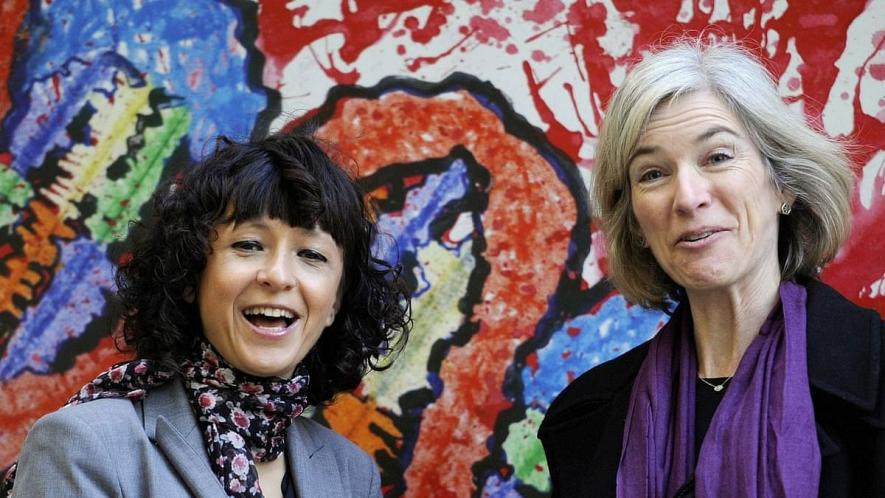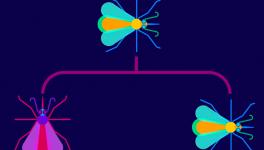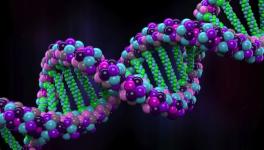Two Women Scientists Receive Chemistry Nobel 2020 for Discovering ‘Genetic Scissors’

Emmanuelle Charpentier (L) and Jennifer Doudna. Image Courtesy: Free Press Journal
For the first time, two women scientists have been awarded the Nobel Prize in Chemistry this year. Emmanuelle Charpentier and Jennifer A. Doudna have discovered a remarkable way of gene editing known as the CRISPR/Cas9 genetic scissors. With these genetic scissors, researchers can now cut fragments of DNA of animals, plants and microorganisms with a very high precision.
“This technology has had a revolutionary impact on the life sciences, is contributing to new cancer therapies and may make the dream of curing inherited diseases come true,” reads the press release of the Nobel society declaring the prize.
Emmanuelle Charpentier, during her study of Streptococcus Pyogenes, one of the most harmful bacterial pathogen for humans, discovered a molecule named tracrRNA. This molecule was previously unknown. Her research showed that tracrRNA is a part of the ancient immune system of bacteria--the CRISPR/Cas. With the CRISPR/Cas system, bacteria own a remarkable quality of disarming viruses by means of cleaving their DNAs. Charpentier published her finding in 2011.
Later on, she collaborated with Jennifer Doudna, another specialist in RNA chemistry. Their collaboration resulted in recreating the bacteria’s genetic scissors in a test tube. Moreover, they were successful in making the scissors' molecular components simpler and paved the way for its use in ways that are much simpler in handling.
They, in a path-breaking experiment, successfully reprogrammed the genetic scissors, an experiment that would change gene editing forever in a profound way. In the natural form, the bacterial scissors are able to recognize DNA of viruses. But Charpentier and Doudna proved that the scissors can be modified so that it cuts any DNA, that too at a predetermined site. This was a remarkable discovery.
Charpentier and Doudna’s discovery, made in 2012, has found an extensive use since then. The CRISPR/Cas9 genetic scissor has since been used in many researches on plants and animals. For example, using this tool, scientists could develop crops that resist drought, pests and mould. Similarly, in the field of medicine, clinical trials of new cancer therapies are being carried out with the hope that one day it would be possible to cure genetically inherited diseases as well.
Claes Gustafsson, chair of the Nobel Committee for Chemistry, commented on the technique saying: “There is enormous power in this genetic tool, which affects us all. It has not only revolutionised basic science, but also resulted in innovative crops and will lead to ground-breaking new medical treatments.”
However, this technique has also created controversies as some scientists have tried this in creating gene-edited babies. The infamous case of the Chinese scientist, who claimed to have given birth to twin gene-edited babies, had also used the CRISPR/Cas9 system.
Cahrpentier, after knowing about the prize, was quoted to have said in a press conference—“My wish is that this will provide a positive message to the young girls who would like to follow the path of science, and to show them that women in science can also have an impact through the research that they are performing.”
Doudna commented on her feelings as a woman scientist on receiving the Nobel Prize saying, “I’m proud of my gender.” She added, “I think, for many women, there’s a feeling that no matter what they do, their work will never be recognised as it might be if they were a man. I’d like to see that change and I think this is a step in the right direction.”
Get the latest reports & analysis with people's perspective on Protests, movements & deep analytical videos, discussions of the current affairs in your Telegram app. Subscribe to NewsClick's Telegram channel & get Real-Time updates on stories, as they get published on our website.






















